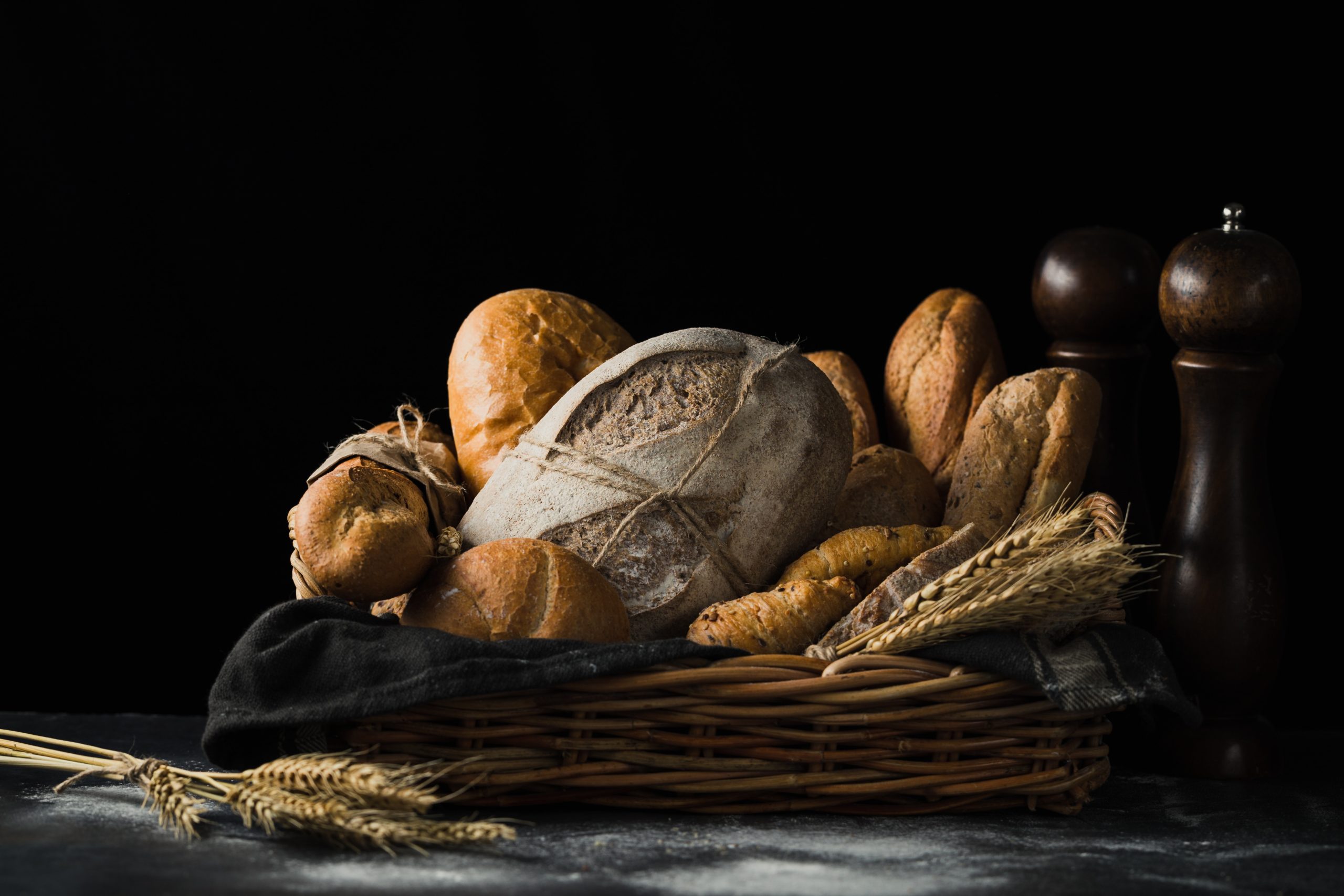“And He took bread, gave thanks and broke it, and gave it to them, saying,
‘This is My body given for you; do this in remembrance of Me’.”
~ Luke 22:19
A couple of years ago, I was reclining at a small round table during the last session of a winter weekend retreat. The purpose of the retreat was to give small group ministry leaders some extended time away for solitude and teaching, so we might return home rested and ready to shepherd our groups with renewed vibrance and enthusiasm. It had been a soul-filling weekend, chock full of quiet spaces carved out for honest reflection, reflection made possible and enriched within the framework of a slower pace. At last, we had come to the final session of the retreat, and our pastor announced that after he was finished speaking, we would wrap our time together by engaging in worship and taking the Lord’s Supper.
There was really no better way for such a wonderful weekend to end. Why shouldn’t it culminate in the communal breaking of bread and passing of wine? But as I glanced around at the others at my table, I felt a wave of disappointment crash over me. Up until that moment, I had felt refreshed. A million unknown burdens had been scattered like ash. But now, my pastor might as well have heaped burning coals upon my head. The idea of communion felt impossibly heavy, and I didn’t want to do it.
“What is that all about?” I thought to myself.
The time came and, as expected, the lights dimmed, the worship music played, and the mood of the room quickly became solemn and reflective. As the bread was passed around and the cups poured, I found myself shifting in my seat, wishing I wasn’t there. I turned the bread around for a while in my hand and wondered what it was that I was resisting. I felt terrible for feeling this way, which only made the whole experience more miserable. Feeling defeated, I bowed my head and asked God to forgive me for being such a wretch, so unworthy of this feast.
Then the words of Christ suddenly disrupted my own thinking.
“This is my body given for you”
That one phrase “given for you” continued to reverberate in the chambers of my heart. They hit with a welcome force, startling me with a sense of something unfamiliar. How long had it been since communion felt like it was for me? How often had I found myself approaching the table with a sense of duty, as though God needed something from me?
As I sat there in my conference room chair, my focus shifted to the environment of the room. The dimmed lights, the music, the somberness. These things aren’t all bad. But I began to realize how often they came to me disguised as pressure. Instead of creating a space to reflect, they pressed down hard, as if to squeeze out some sort of emotional response. Perhaps it’s the dancer in me, but the result ends up feeling a whole lot more like a stage production than a banquet table, turning communion into something I must perform rather than receive. Cue the lights, cue the tears.
But is this what communion is meant to be?
Jesus’s words jolted me awake to a truth I’d known but long forgotten. The Lord’s Supper is meant to be a gift. It is for us. Christ is for us. Grace, forgiveness, and healing are lavished upon us at His banquet table. Jesus broke his body wide open for us on the cross and in response, we bring our limping, broken bodies to the table simply to remember His sacrifice and fill up on His grace until our souls are no longer emaciated. Yes, there is something somber about remembering Christ’s brokenness. Our brokenness. But let’s not forget the delight of our healing. I love how Lewis says it in The Four Loves.
“Grace substitutes a full, childlike and delighted acceptance of our Need, a joy in total dependence. We can become ‘jolly beggars’.”
It is not about our piety and perfection; it’s about joyfully receiving the gift poured out for us. We aren’t worthy of the feast; that’s why it’s grace.
Maybe this is hard to remember, because it is so completely unlike the rest of the world. Too often, we are poked, prodded, and squeezed for everything we can give. Sadly, church is sometimes the place we feel most drained. Rather than coming to the table as a poor returning prodigal, I approach the feast in the spirit of the older brother – standing off in the shadows, consumed and burdened with a sense of duty, and (if I’m honest with myself) resentful that everyone else gets to relax. Within this paradigm, it is challenging to remember that Christ comes to give to us, unconditionally. To offer his body. For me.
For you.
As I sat in my chair, self-conscious and awkward, the words “for you” continued to expand until they filled every corner of my heavy heart. I could feel myself begin to let go of whatever it was I thought I was supposed to be doing, and I took the invitation. I simply drank the cup. I ate the bread. As I did, the Bread of Life expanded within me, coursing through every vessel of my weary frame, and I caught a glimpse of the magnitude of the gift. I had found rest again, and it came to me disguised as a jolly beggar. A simple “thank you” was all I could muster.
And to my surprise, the tears began to fall.
The featured image is courtesy of Mae Mu on Unsplash.
We are grateful for Mae Mu’s generosity, gifts, and skill.
Nicole Howe is a writer, speaker, Bible study teacher, wife, and homeschooling mama to four kiddos. She serves as editor and regular contributor for the quarterly publication, An Unexpected Journal and holds a Masters Degree in Cultural Apologetics from Houston Baptist University, where she discovered the power of the imagination to restore awe and wonder to her floundering faith. Drawing deep insights from her ordinary experiences, Nicole is passionate about helping others discover the Truth, Goodness, and Beauty of Christ in broken and unlikely places. When she’s not devouring books, Nicole loves singing, pretending to be a chef, and performing Improv at her local theater.
Leave a Reply
A Field Guide to Cultivating ~ Essentials to Cultivating a Whole Life, Rooted in Christ, and Flourishing in Fellowship
Enjoy our gift to you as our Welcome to Cultivating! Discover the purpose of The Cultivating Project, and how you might find a "What, you too?" experience here with this fellowship of makers!


Simply beautiful and very insightful.